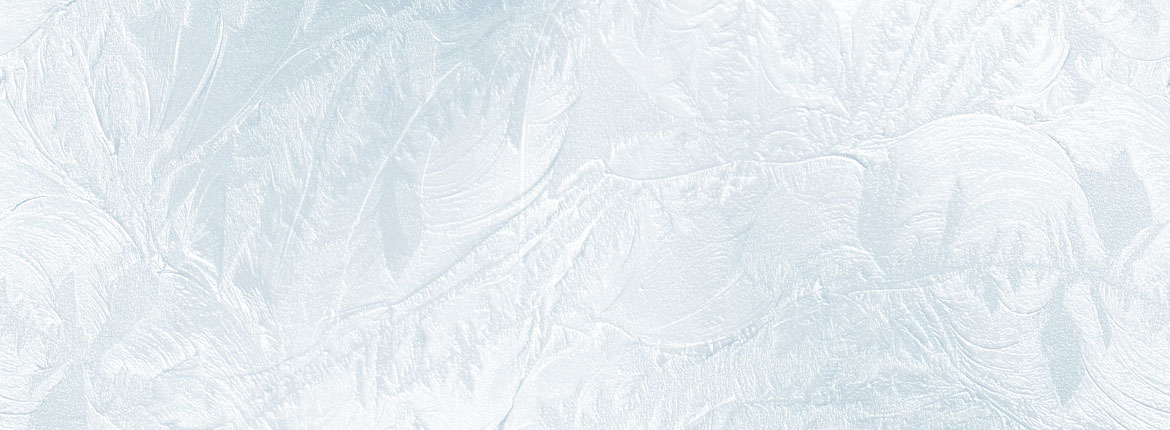
How vehicles are modified for drivers with disabilities
We look at how driving can be made more accessible for people who have disabilities.

As we head into winter we all need to keep an eye on our driving and our car's maintenance.
New Zealand can become very wet during the winter months and it’s important to note that following distances need to be increased.
In adverse conditions you will need to rely on your good judgment as the roads become slippery, reducing the friction from the tyres.
This can become particularly dangerous when driving around corners and braking and accelerating; take extra care and avoid jabbing the brakes, sharp cornering and harsh acceleration.
Having good vision is very important. Moist conditions combined with greasy screens, usually caused by people rubbing the screen clear with dirty hands, can cause fogging of the vehicle windscreen.
Make sure you clean your screen and all interior glass properly and remove any grease with detergents, a spirit or a household glass cleaner.
Driving in snow should be avoided if possible, particularly if it’s heavy snow and if the car isn't designed to handle the conditions.
Generally, if your vehicle isn’t 4WD, it’s recommended you avoid driving in snow.
For those driving in snow with a well-equipped vehicle, following distances must be increased and speed dramatically reduced.
Always select a lower gear or, if your vehicle has an additional snow or ice setting, make sure this is activated. And, in adverse weather conditions, drive with your lights on so that you’re visible to others on the road.
Driving on roads that have experienced heavy snowfall may require snow chains; ensure you have a set and have practised fitting them before your journey. If in doubt, ask your service centre to explain the fitting process.
The golden rule when facing a flooded road is: never risk driving through it. It is very difficult to judge how deep the water is and, if the water is moving fast, what is being carried along in its flow.
It’s also important to consider the maintenance of your car for winter. Your engine will endure colder temperatures and along with that, it will experience increased wear so consider getting your car serviced.
While there, ask for new premium-quality wiper blades to be fitted and also have the tyres' tread and pressure checked.
In the cold, wet weather, the battery tends to be pushed to its limit. If you have any doubts about your battery's performance get it checked out and, if necessary, replaced.
It may be worth keeping a set of quality, protected jumper cables in case of a breakdown in an isolated spot but – most importantly – ensure your cellphone is topped up so that you can call AA Roadservice for assistance.
Above all, driving safely in winter needs a healthy dose of good judgement. Before heading off on any journey, check the weather forecast and the state of roads to determine it is safe to travel.
Reported by Ian Green for our Winter 2016 issue